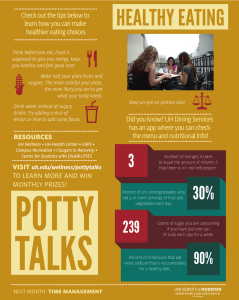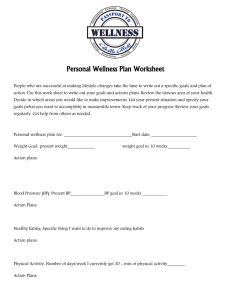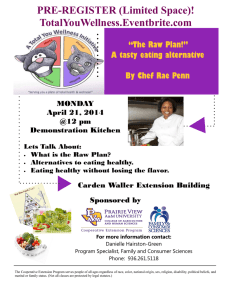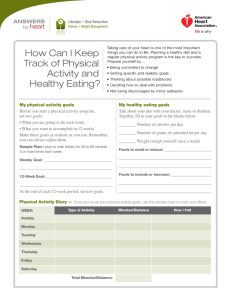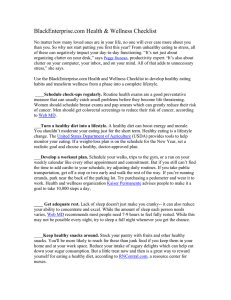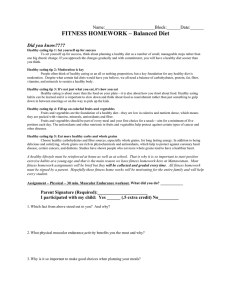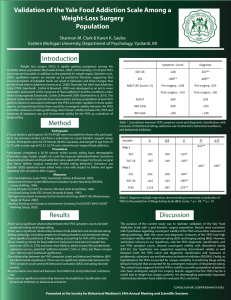KSU Division of Facilities “ SAFETY RULES ARE YOUR BEST TOOLS”
advertisement
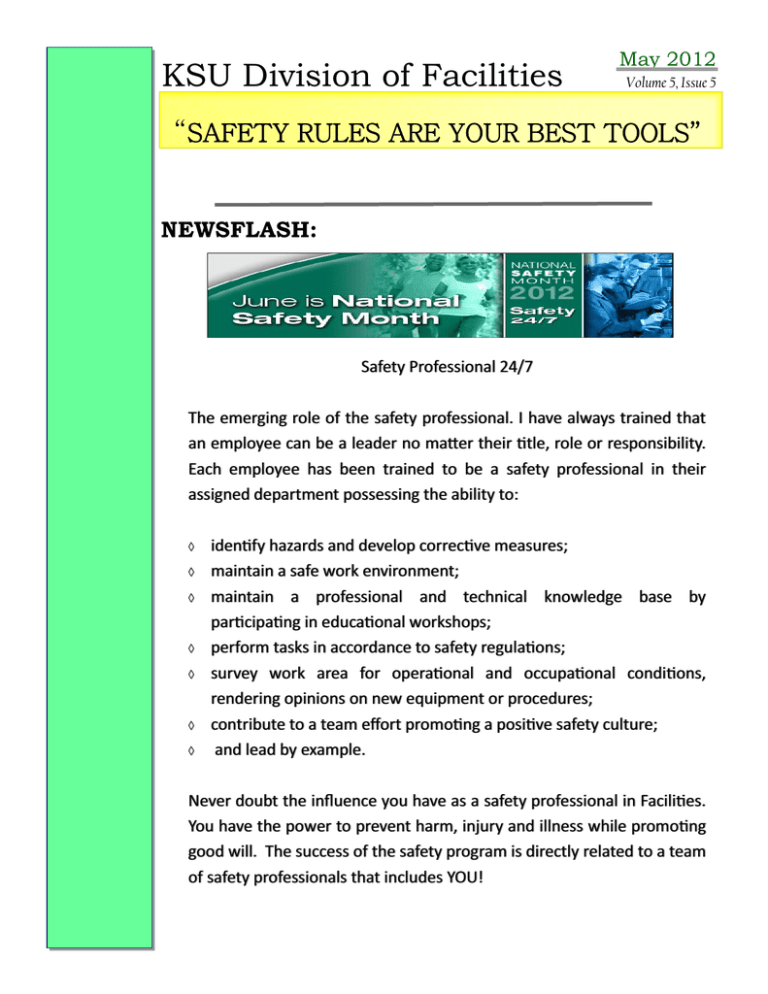
KSU Division of Facilities May 2012 Volume 5, Issue 5 “SAFETY RULES ARE YOUR BEST TOOLS” NEWSFLASH: Safety Professional 24/7 The emerging role of the safety professional. I have always trained that an employee can be a leader no matter their title, role or responsibility. Each employee has been trained to be a safety professional in their assigned department possessing the ability to: identify hazards and develop corrective measures; maintain a safe work environment; maintain a professional and technical knowledge base by participating in educational workshops; perform tasks in accordance to safety regulations; survey work area for operational and occupational conditions, rendering opinions on new equipment or procedures; contribute to a team effort promoting a positive safety culture; and lead by example. Never doubt the influence you have as a safety professional in Facilities. You have the power to prevent harm, injury and illness while promoting good will. The success of the safety program is directly related to a team of safety professionals that includes YOU! Health & Safety Tip of the Month: National Safety Council Employee Wellness Small changes can make a big difference to your health and wellness. If people made the choices to eat better, engage in more physical activity, reduce the harmful use of alcohol and quit smoking, at least 80% of all heart disease, stroke, type 2 diabetes and over a third of cancers could be prevented, according to the World Health Organization. Poor eating habits and lack of physical activity are the major contributing factors to being overweight and obese in the U.S. Make healthy eating choices Healthy eating can reduce the risk of chronic illness and disease, including the three leading causes of death: heart disease, cancer and stroke. Healthy eating tips include: • Make half your plate fruits and vegetables • Make half the grains you eat whole grains – such as oatmeal, whole wheat bread and brown rice • Choose fat-free or low-fat milk, yogurt or cheese • Drink water instead of sugary drinks • Choose lean sources of protein – such as seafood, turkey, chicken breast, eggs and beans • Choose foods with less sodium – look for “low sodium” and “no salt added” on food packages • Eat some seafood each week – such as salmon, tuna or crab • Pay attention to portion size – when eating out, avoid “supersizing” your meal or take some home for later Stay active For substantial health benefits, adults are encouraged to engage in 30 minutes of moderate exercise*, five days a week. This can be done through activities such as: • Taking a brisk walk at lunch • Going for a bike ride after work • Working in the yard • Cleaning the house • Joining a sports league • Going to the gym • Swimming laps at the pool * Moderate activity is safe for most people. If you have a chronic health condition such as heart disease, arthritis, diabetes or other symptoms, talk with your doctor about the types and amounts of physical activity right 0312
